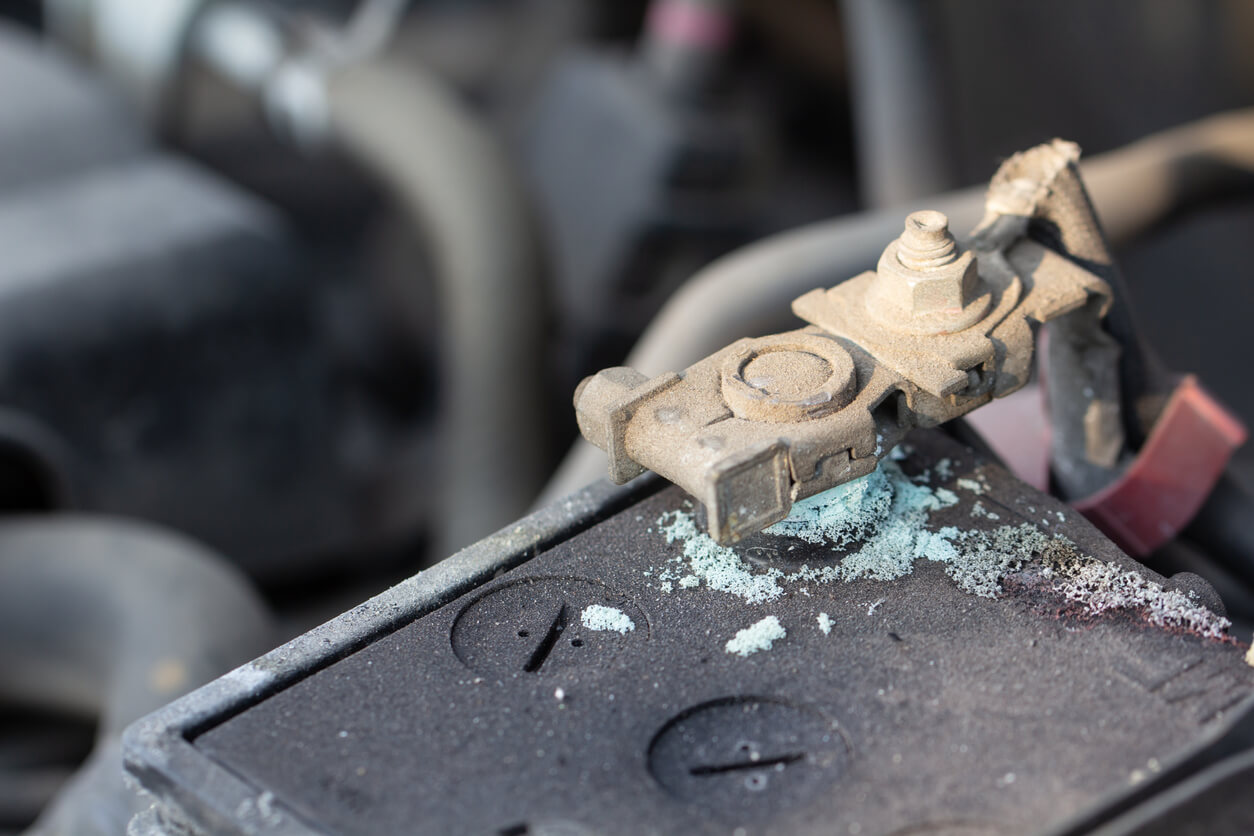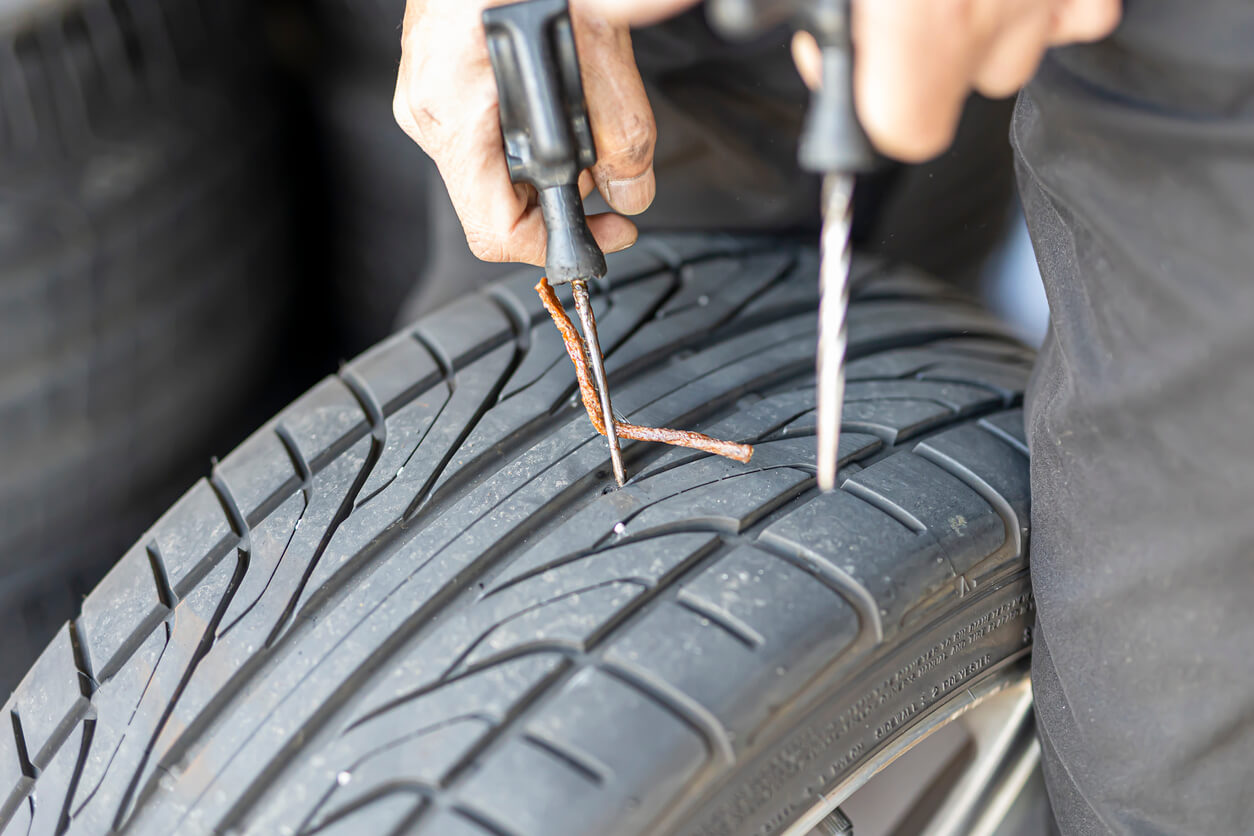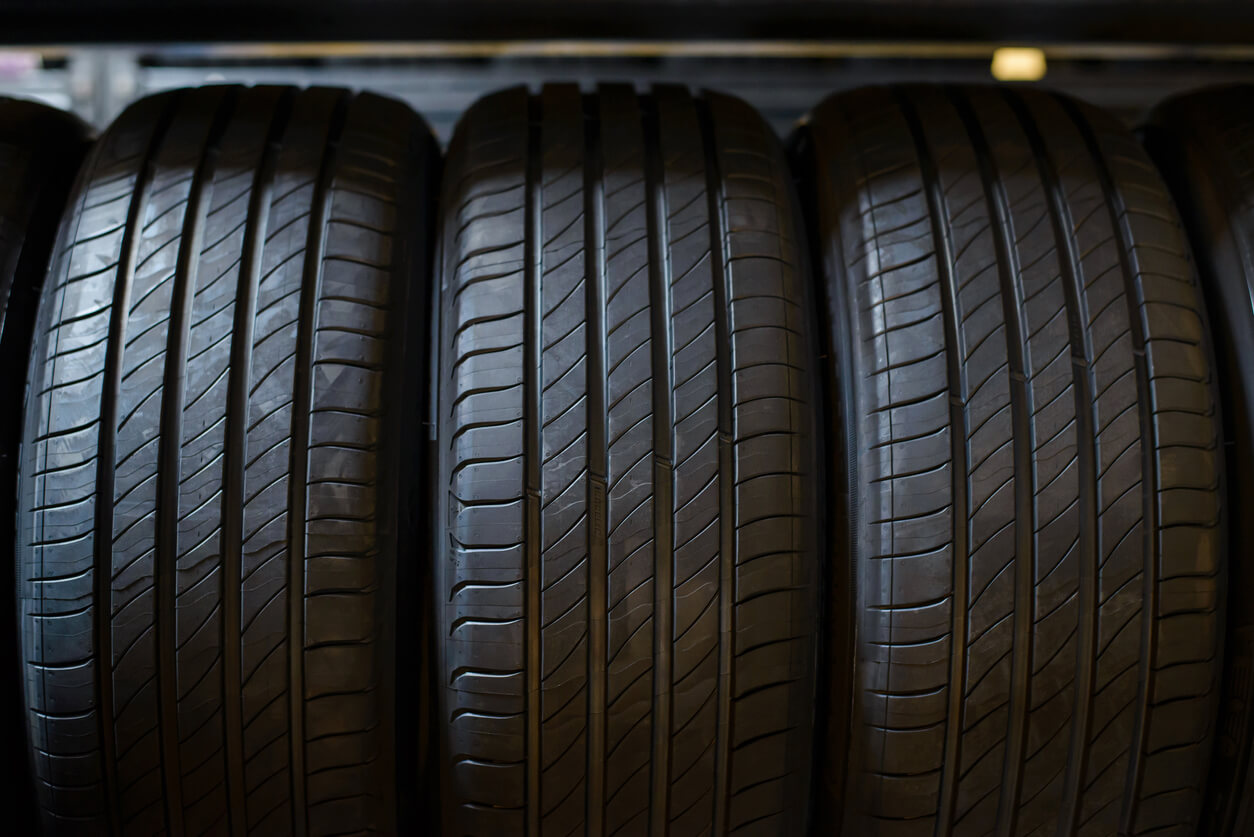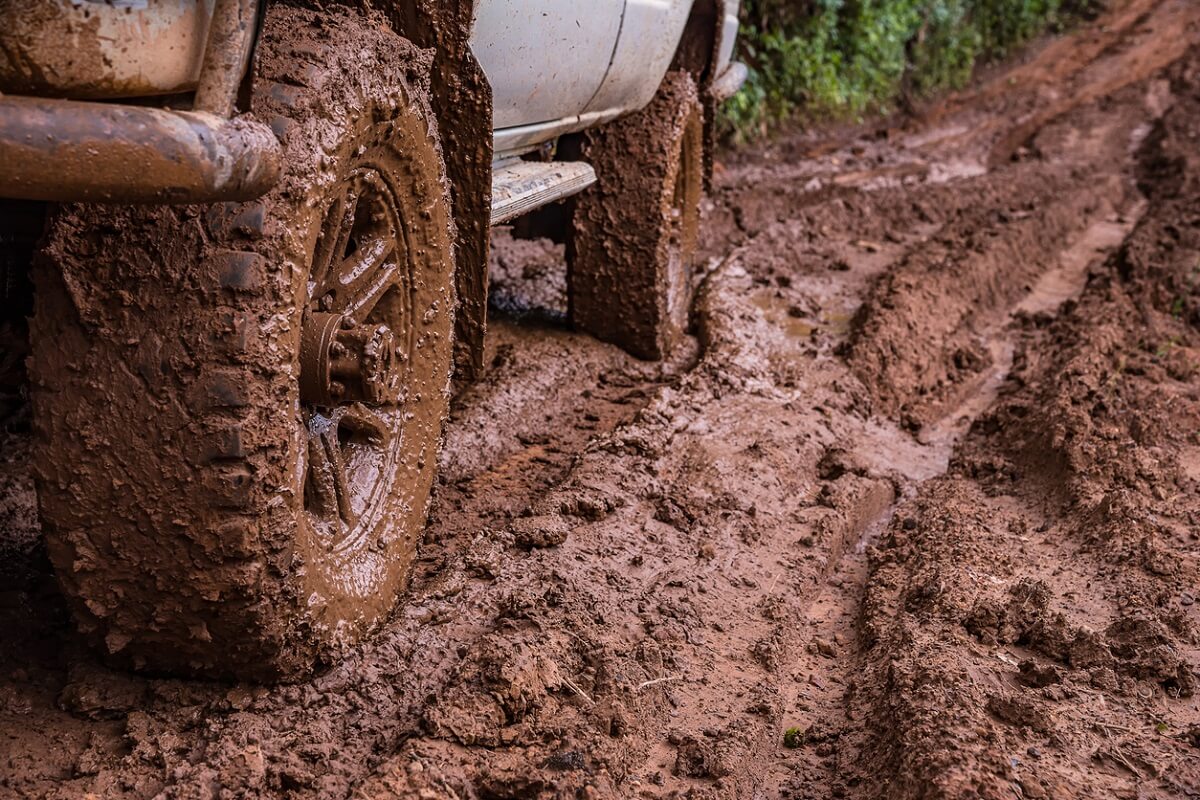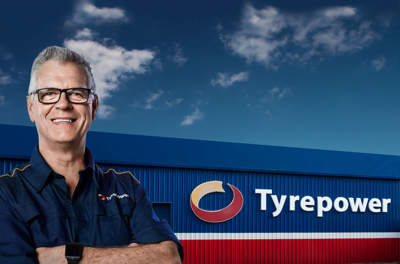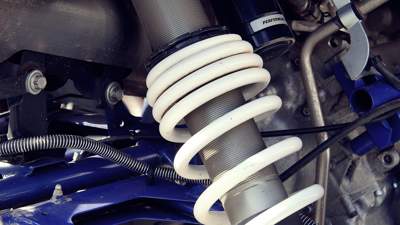What are Sustainable Tyres?
Tyres are one of the most important safety aspects of motorised vehicles. Over time the surface tread wears out, leading to decreased grip and an increased risk of punctures and blow outs. This means that tyres need to be replaced once they are worn down to a certain point, and in the past, this has led to many problems. However, far from distancing themselves from this problem, many tyre manufacturers and rubber companies have taken it upon themselves to improve the lifespan of their tyres and reduce the environmental impact of their production. All the while, methods have been tested and developed for recycling and reusing old tyres to reduce their build up.
The Environmental Issue That is Used Tyres
It is estimated that Australia produces in excess of 20 million used tyres per year, while other estimates range as high as 50 million. Historically, these tyres presented immense problems for the environment both in volume and toxicity. There have been issues related to illegal dumping, massive stockpiles that caught fire, and accumulation of methane in landfill sites, causing tyres to float and disturb the liners designed to protect the surrounding environment.
Additionally, tyres contain a large volume of rubber which is formed by vulcanising a raw material from so-called rubber trees. Due to the global demand for tyres these rubber trees now exist as massive plantations in rainforest areas globally.
Alternative Feedstocks
One approach to improving the sustainability of tyres is producing the rubber from materials other than rubber trees. One novel solution involves dandelions, which are substantially easier to grow than rubber trees.
Another alternative is synthetic rubber, which is now often combined with natural rubber in tyre products.
Tyre Retreading
The average tyre only loses around 4% of its rubber before it is unusable on the road. In most cases the structural integrity of the tyre is still good, the tread has just worn out. For many years now, tyre retreading has been an available process that has fallen to the wayside due to excessively cheap tyre imports. Retreading tyres requires significantly less new rubber and less energy to produce compared to new tyres, and as a result is an exceptionally environmentally friendly option. Unfortunately, retreaded car tyres have poorer performance than new tyres, but truck and other large vehicle tyres are designed to be retreaded.
Tyre Recycling
Tyres can be recycled into a vast array of products with the right treatment. One such application you have probably come into contact with is soft impact playground surfacing and in road surfacing. Additionally, used tyres can be recycled into brake pads, commercial flooring, and even synthetic oils.
Tyre Stewardship Australia is one organisation working hard to reduce Australia’s environmental impact of used tyres by funding research into better ways to recycle them.
Contact Tyrepower to Organise New Tyres for Your Vehicle
Tyrepower is a member of Tyre Stewardship Australia, because we are committed to reducing the negative environmental impacts of used tyres. We care about how tyres are recycled and do our bit to make sure tyres are not harmfully disposed. We offer market leading fuel-efficient tyres from quality manufacturers so when you need new tyres, come to us. Click here to find your nearest store, or call 13 21 91 to speak to a customer service representative today.


















